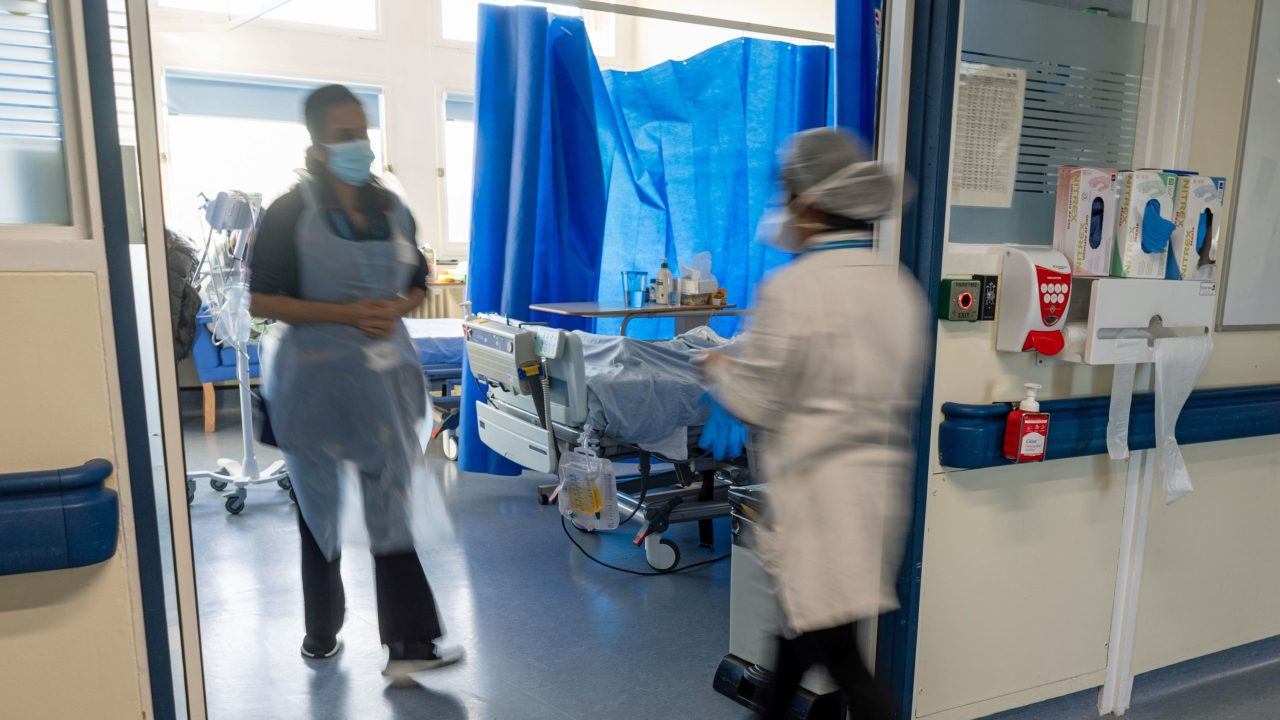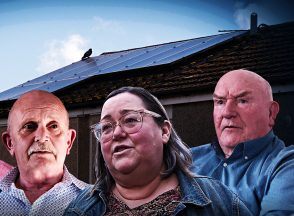Women do not receive the same care as men following a heart attack, leading to “stark” consequences, according to new research.
The study from the University of Aberdeen found that women were less likely than men to receive preventative medicine, which could put them at greater risk of further heart attacks, strokes and cardiovascular problems.
It comes after earlier research by the team which found that following a diagnosis of heart disease, the death rate from cardiovascular causes for women rose to that of their male counterparts.
In this follow-up study the team looked specifically at patients who had survived a heart attack and investigated, in detail, the care they received afterwards.
The team, led by Dr Tiberiu Pana, analysed the health records of 15,776 women and 31,287 men admitted to hospital between 2010 and 2016.
They looked at their treatment and outcomes in the long-term after being discharged from hospital, for a period of around eight years.
They found that women were less likely to undergo evidence-based heart attack treatment in hospital and also less likely than men to receive preventative treatments over the follow-up period.
While women still had lower long-term death rates compared to men, the “female survival advantage” was less pronounced in people with heart attacks, researchers found.
The “female survival advantage” reflects women’s consistently reported higher life expectancy, which seems to be diminished in people who have suffered a heart attack.
Dr Pana said: “Our results confirm the presence of important sex differences amongst Scottish heart attack patients.
“This is an important finding that should guide patients and doctors to work together in order to improve prescription, uptake and compliance with recommended preventative treatments to reducing the burden of heart disease in our population.
“These results suggest that the long-term outcomes of women after heart attacks can and should be improved.
“The current system is failing women who consistently receive less preventative treatment than men.
“We know that this is happening and we know the consequences are stark – we now need to focus on why and what we can do about it.”
The study found no significant differences between different regions of Scotland, but the authors suggest that sex differences were more pronounced in people living in areas with higher levels of multiple deprivation.
Experts said more research is needed.
Dr Sonya Babu-Narayan, Clinical Director at the British Heart Foundation and consultant cardiologist, adds: “Time and time again, data from large numbers of people in different countries shows that the odds of receiving medicines that can prevent another heart attack, or a future stroke appear stacked against you if you are a woman.
“Solving why, by redressing system and society biases that influence this, could help more women in Scotland and other countries live in good health for longer.
“But it’s also not ‘job done’ for men who also need more. Despite being more likely to receive proven and effective heart attack treatment and prevention, men fared worse than women after their heart attack.
“We need to see more cardiovascular research to save and improve lives after heart attack for both women and men and to help stop them happening. Meanwhile, it’s important that existing evidence-based treatments reach women and men when they need them because heart attacks can happen to anyone.”
Public health minister Jenni Minto said: “We will carefully consider this new report and I thank the researchers for their work.
“We are taking action to ensure everyone with heart disease has timely access to equitable diagnosis, treatment and care.
“Tackling inequalities faced by women with heart disease is a priority of Women’s Health Champion Professor Anna Glasier and a commitment in our Women’s Health Plan.”
The study is published in the European Journal of Preventive Cardiology.
The research was funded by NHS Grampian Charity.
Follow STV News on WhatsApp
Scan the QR code on your mobile device for all the latest news from around the country


 PA Media
PA Media
























